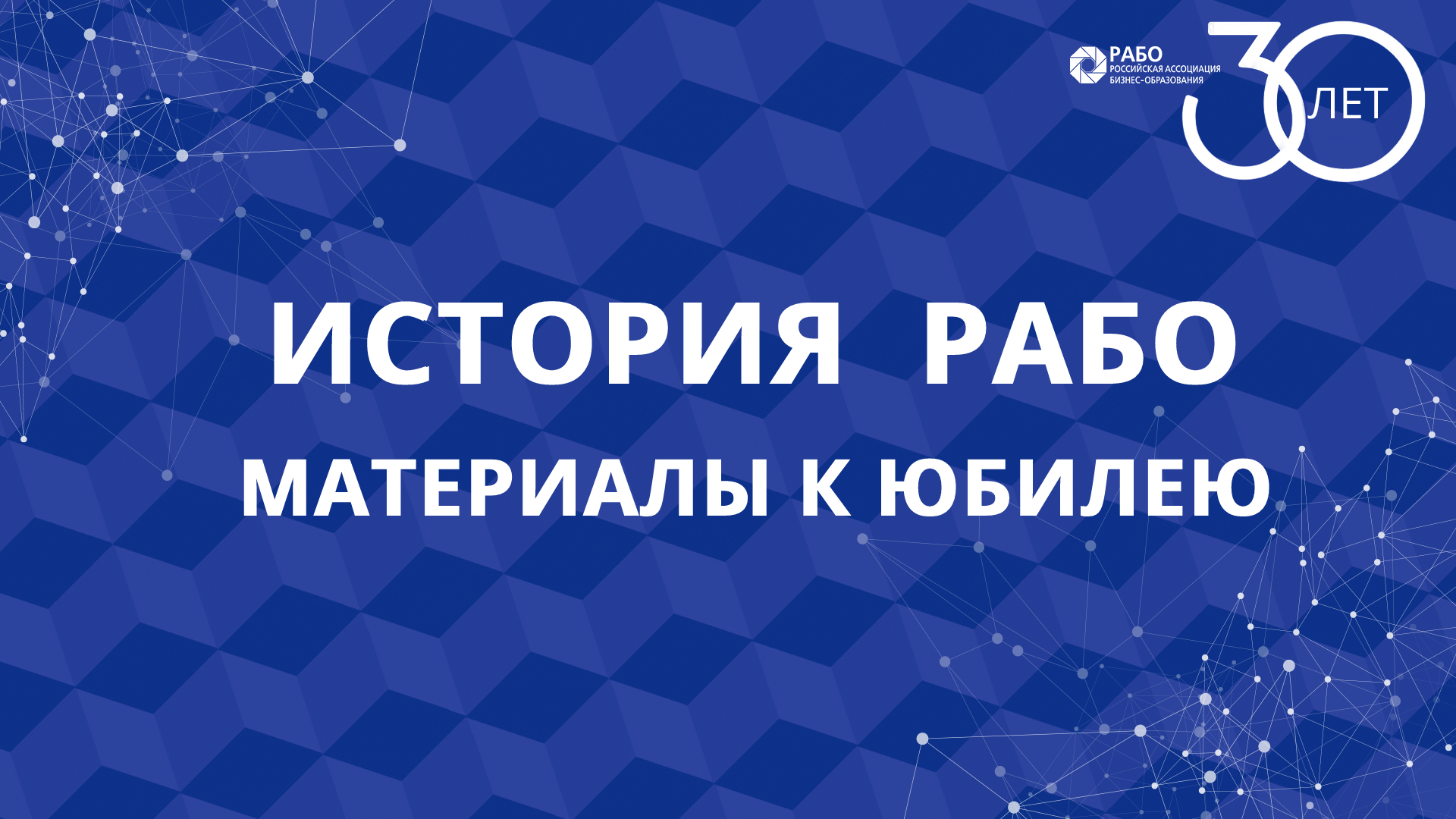International political economy
С открытой датой
Описание мероприятия
Язык обучения: английскийОписание программы
This course provides an introduction to international political economy - the interface between international economics and international politics. This study is based on the assumption that in order to understand patterns of interaction and change at the global level, we need to look at both international politics and economics in an integrated manner. Students will look at economic issues of trade, finance, production and development, but not from the perspective of economic theory. Instead, students will engage with the International Relations concepts, ideas and literatures on the economic relations among states, and between states and non-state actors (such as firms, societal groups and international organisations). The focus is therefore on the political problems that arise as a consequence of the increasing density of international economic relations. Knowledge of economics is an advantage but not a requirement.
The aim of this course is to promote understanding of:
- the interaction between politics and economics in international relations
- the sources of change in international political economy
- the challenges faced by states in an era of global economic integration and fragmentation.
Assessment
This course is assessed by a three-hour unseen written examination.
Учебный план:
Globalisation in international political economy: the economic factor in international relations; The concept of globalisation; How new is globalisation?; Globalisation and its discontents
PART 1 THEORIES OF INTERNATIONAL POLITICAL ECONOMY
- Mercantilism and economic nationalism: Early forms of mercantilism; Nineteenthcentury mercantilism: Hamilton and List
- Classical liberalism and neo-liberalism: Classical liberalism; Free trade liberalism; Twentieth-century liberal theory; The concept of interdependence; The rise of international institutions and regimes
- Imperialism, dependency and neoMarxism: Karl Marx and Marxism; Lenin and the theory of imperialism; Dependency theory and underdevelopment; Contemporary neo-Marxist theory
PART 2 STRUCTURES, ISSUES AND ACTORS:
- The international trade system: Theories of trade; The creation of the GATT; Trade liberalisation under the GATT and the rise of the ‘new protectionism’; From the creation of the WTO to the Doha Round
- The global financial and monetary order: The rise and decline of the Bretton Woods system; Global monetary order after Bretton Woods; The IMF and international debt crises; Managing financial crises: the 1997 Asian crisis and the 2008 global crisis
- Economic development: Poverty and inequality: key indicators; Evolution of development thinking; The Washington Consensus and beyond; The developmental debate today; The World Bank and international aid
- Multinational corporations: Multinational production and foreign investment in a global economy; The rise of the global firm; Power shift? State–firms relations in flux; Governing global firms: national and international rules
- Environmental protection: Differing perspectives on environmentalism; Early history of international environmental politics; From the 1992 Rio ‘Earth Summit’ to the 2002 Johannesburg Summit and beyond; The concept of sustainable development; The challenge of climate change
- Regionalism in a global economy: Explaining regionalism; The European Union; Regionalism in the Americas and Asia; Regional trade agreements and the WTO: conflict or compatibility?
Результат обучения:
At the end of this course and having completed the essential reading and activities students should be able to:
- demonstrate an understanding of the processes of global integration and fragmentation in international politics and economics
- show what the sources are of continuity and change in international political economy
- demonstrate an appreciation of the history of thought in international political economy
- distinguish between, and critically evaluate, different theoretical approaches to international political economy
- explain the different roles of states, international organisations and non-state actors in the politics of international economic relations
- show an understanding of the economic challenges facing states in their foreign policy.
Требования к поступающим:
If taken as part of a BSc degree, courses which must be passed before this course may be attempted:
- EC1002 Introduction to economics or
- IR1011 Introduction to international relations.




